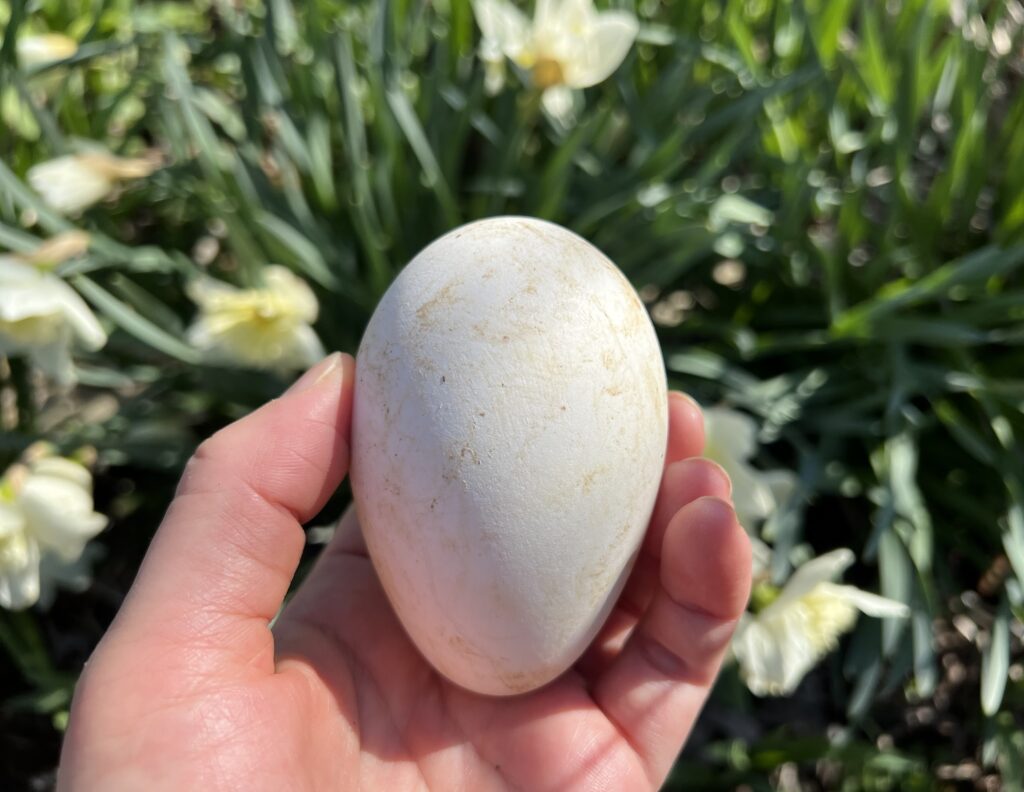
We had a banner year for ducklings…between the two sets we incubated (with varying success) and two clutches incubated by broodies (much more successfully), we went from 5 total to 30+. Seriously.
The second set of eggs we incubated resulted in 5 total hatching – 4 drakes and a single duck. With each hatch, we know there’s a likelihood of at least half being male; unfortunately, not that many drakes are necessary for a self-sustaining flock. Consequently, the “extra” drakes must either be rehomed or culled.
The crux of it is that we have too many drakes now. As they reach about 5-6 months of age, their hormones kick into high gear and they begin chasing and grabbing the ducks.
Continue reading “Processing Spring Drakes” →






